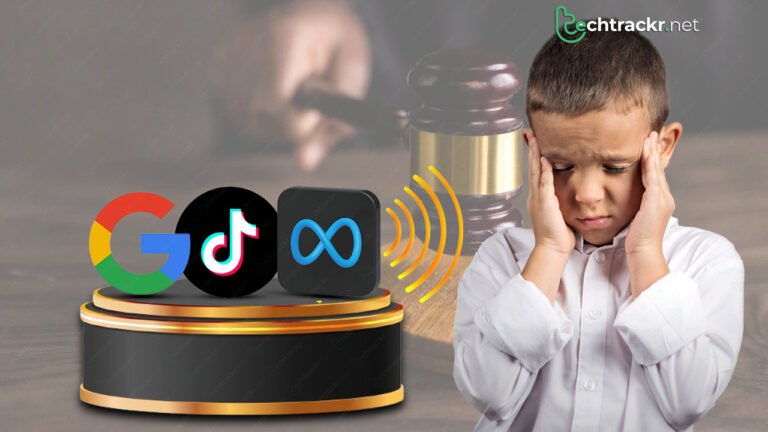
New York City is taking Meta, Google, Snap, and TikTok to court, claiming they’re hurting kids’ mental health. The state of New York has already accused social media companies of trying to get teens hooked on their apps on purpose.
New York State has accused social media companies of making their feeds to keep teens glued to their apps for way too long. They’ve even suggested a new law that would make it so kids need their parents’ permission to use apps with algorithmic feeds. This would cover apps like TikTok, YouTube, Instagram, and others.
“The bill is known as the Stop Addictive Feeds Exploitation (SAFE) for Kids Act, and has the backing of the state’s governor and state attorney general.”
Now New York City is joining in, saying that four social media companies are making the nationwide youth mental health crisis worse.
The city says that the platforms are intentionally trying to “manipulate and addict children” in three different ways:
- They’re using algorithms to create feeds that keep users on the platforms longer and make them want to keep using them.
- They’re using mechanics that are similar to gambling in the app design. This makes users crave “likes” and “hearts” and keeps them hooked with a constant stream of personalized content and ads.
- They’re also using the principle of reciprocity, which is a strong social force, especially among teenagers. It’s the idea that when someone does something nice for you, you feel like you have to do something nice for them in return. These platforms take advantage of this by, for example, letting you know when someone has seen your message or sending you notifications when a message has been delivered. This encourages teens to keep coming back to the platform and keeps them engaged online.
According to Engadget, none of the companies are admitting to any of these accusations.
In response, Google and Meta told CNBC that they have always worked with youth safety experts and provided parental control tools. ByteDance’s TikTok also highlighted some of its specific tools to Axios, namely age-restricted features, parental controls and an automatic 60-minute time limit for users under 18. However, none of the tech companies acknowledged the problematic features listed by the Adams administration.
